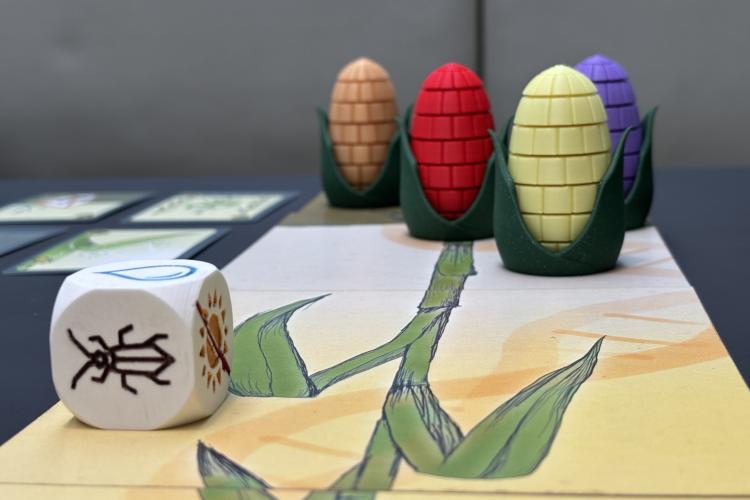Villers Timothy
Villers Timothy - Postdoctoral fellow
Joined the group in 2025
Joined the group in 2025
Timothy has a keen interest in space and biology. After having worked as a student in the Research and Development department of Colruyt Group on Vertical farming technology and hydroponics, his ambition to get further into academics grew. In 2020, he graduated as Master of Science in Biology at Ghent University. Following his master thesis, which focused on the a growth-promoting cytochrome P450 78A, he obtained an FWO-grant for a project that builds further on the same topic. His project focuses on unraveling the reaction catalyzed by CYP78A and clarifying its regulatory network, with the aim to acquire knowledge that can lead to the development of applications with beneficial effects on many agricultural crops in a non-GMO manner (e.g. a biostimulant). The project will function as a stepping stone for his future goals, which involve conducting biological research in the context of space.
